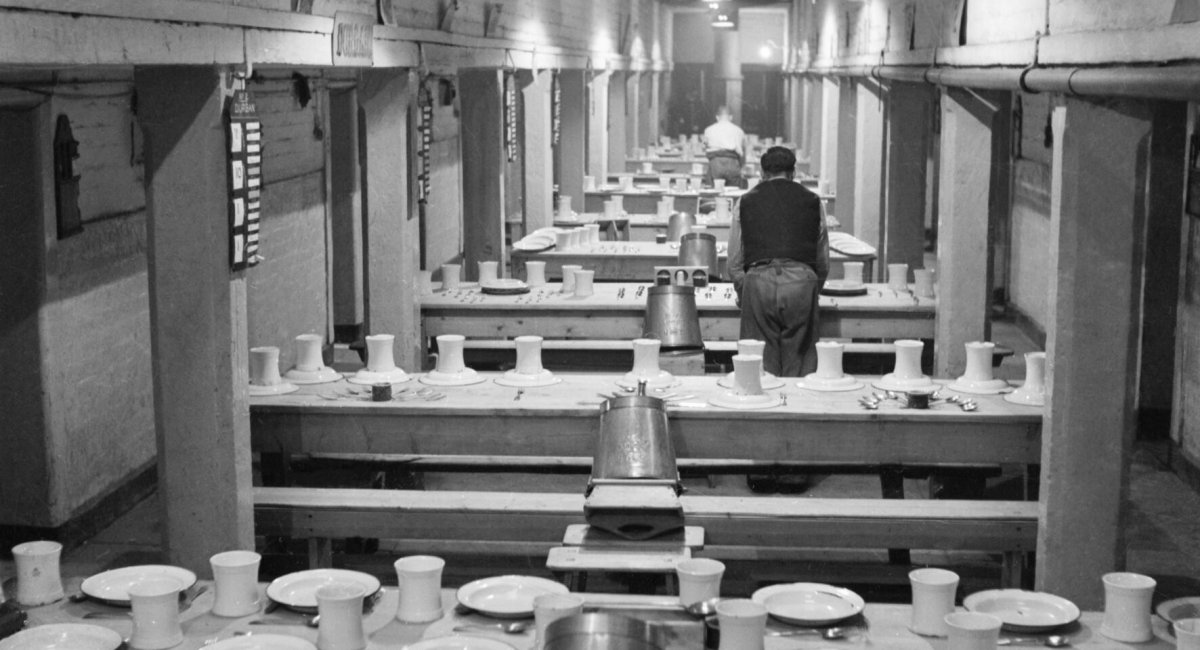Visuals: Japan's population

Japan's population has been decreasing for the last 15 years. In 2023, it dropped by more than half a million to 124.9 million because of low birth rates and high death rates. However, foreign residents increased by 11% to more than 3 million.
The government has tried to increase birth rates by allocating a $34 billion budget for childcare incentives. This is because many young Japanese are unwilling to marry or have children.












